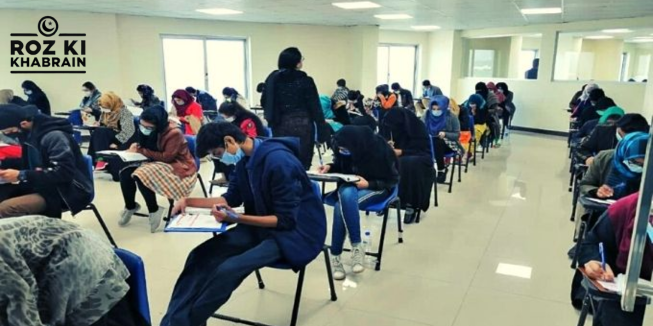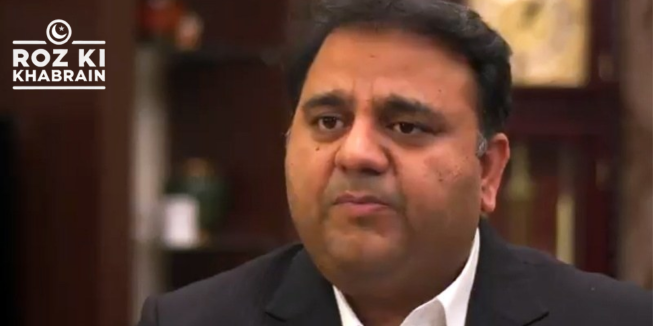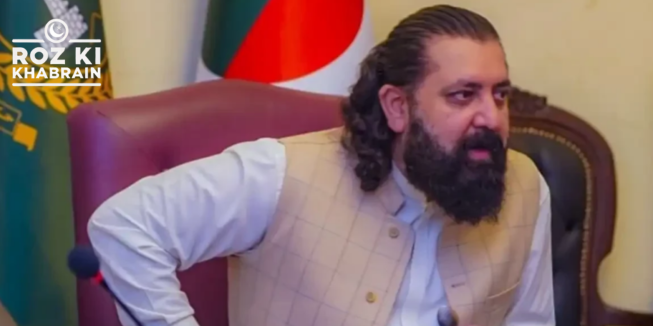A significant cheating scandal was uncovered during the Medical College Admission Test (MDCAT 2024) in Quetta, resulting in the arrest of over 50 students and two facilitators. Local authorities raided multiple exam centres, discovering students using Bluetooth devices to cheat.
The facilitators, including a retired Federal Public Service Commission official from Islamabad, were assisting students in solving exam questions. Among those arrested were students from Khyber Pakhtunkhwa, many of whom had registered in Quetta to exploit easier cheating opportunities.
Bluetooth devices, sold to students for amounts ranging from Rs30,000 to Rs100,000, were confiscated, and a case was filed against the accused. The raid took place at Balochistan University of Information Technology, Engineering, and Management Sciences (BUITEMS) in Quetta amid rising concerns over mismanagement and malpractice in MDCAT exams across the country.
In Islamabad, authorities seized electronic devices from 11 students. Meanwhile, the Pakistan Medical and Dental Council (PMDC) has launched an investigation into complaints of exam paper leaks and other malpractices, particularly in Sindh, where there were rumours of leaked test papers.
Despite these concerns, PMDC officials emphasized that the exams were conducted under strict conditions and that complaints are being thoroughly reviewed.
The MDCAT was held nationwide on Sunday, with more than 167,000 candidates appearing for the exams, including those from Punjab, Sindh, Khyber Pakhtunkhwa, Balochistan, and international centres in Dubai and Riyadh.
Prior to the exam, Dow University of Health Sciences declared a leaked MDCAT paper circulating on social media to be fake. A university spokesperson assured the public that there was no possibility of a paper leak and urged against spreading unverified information.
This year, 167,077 candidates are competing for over 18,000 seats in medical and dental colleges across Pakistan. The PMDC has again tasked Dow University with conducting the MDCAT in Sindh, where approximately 38,700 candidates, including 12,846 from Karachi, will sit for the test.
The exam will be conducted for 858 seats in Karachi, with 746 seats allocated for open merit and 112 for self-finance. In response to the potential for leaks, Dow University has implemented strict security measures.
However, medical organisations have raised concerns over potential mismanagement during the exam. Examination centres have been set up at NED University and Dow University’s Ojha campus, with space for over 12,000 students, while additional centres are located in Larkana, Sukkur, and Hyderabad.
The MDCAT exam, scheduled for three and a half hours, from 10:00 AM to 1:30 PM, will include 200 questions on various subjects. To prevent cheating, mobile phone and internet services will be suspended within a 500-metre radius of exam centres in Punjab and Peshawar.
Additionally, authorities in Peshawar have announced a four-hour suspension of mobile phone services near exam centres on Sunday to coincide with the medical entrance exam on September 22. Signal jammers will also be used inside exam halls to prevent cheating, and Section 144 will be enforced to restrict public gatherings near exam centres.
Strict security measures have been implemented, with police and female officers deployed to ensure the safety of candidates and staff. The security plan, overseen by SP Security, is part of broader efforts to maintain the integrity of the exam and ensure a fair testing environment for all candidates.




